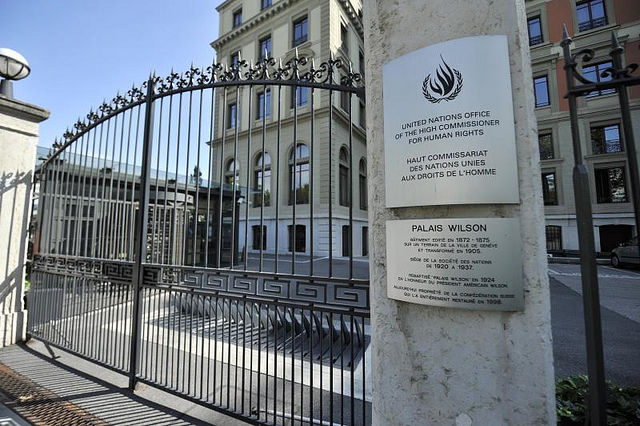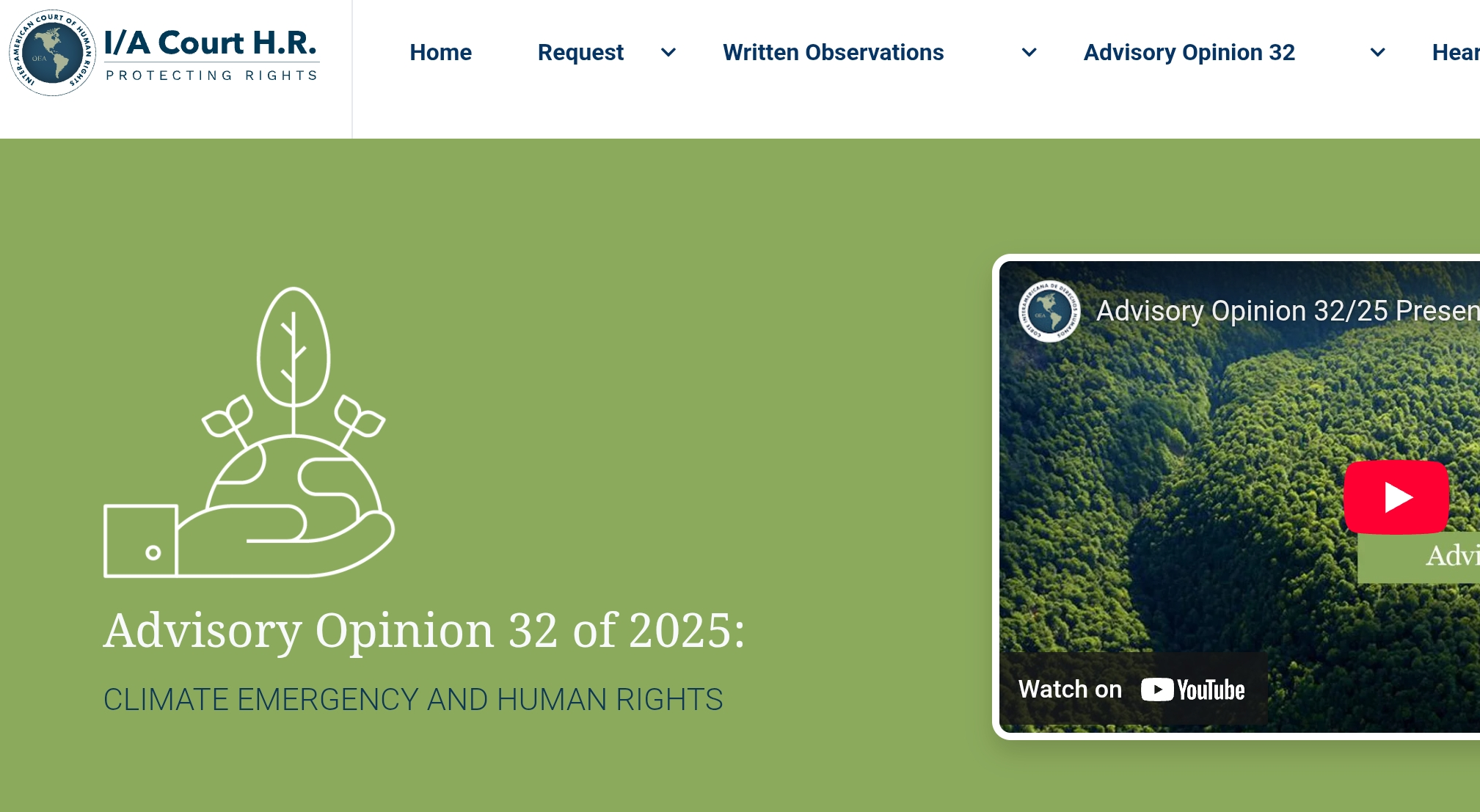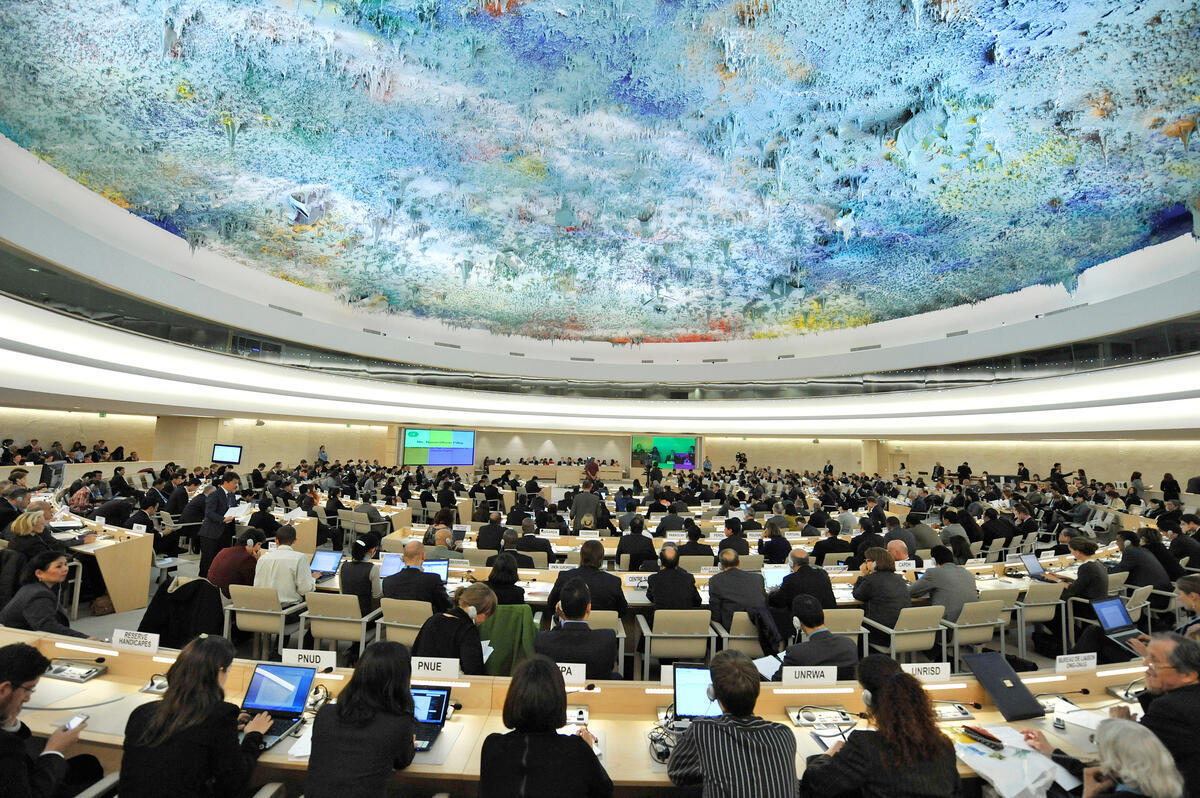Lea el artículo en español aquí.
Today, the UN Committee on Migrant Workers (CMW) – the UN body charged with monitoring efforts to protect the rights of migrant workers and their families – issued recommendations to Ecuador, Indonesia and Mexico. These come at the conclusion of in-depth reviews of the countries’ record in complying with the International Convention on the Protection of the Rights of All Migrant Workers and Members of their Families.
ISHR, in collaboration with national level partners in Mexico and regional partners in Asia, submitted parallel reports as part of the review process to draw particular attention to the challenges facing migrant rights defenders.
Sarah M Brooks, ISHR programme manager responsible for work related to migration, stated:
‘We are extremely happy to see that the Committee has recognised the crucial role of human rights defenders of the rights of migrants in implementation of the Convention, in particular in Mexico, but are disappointed that the challenging situation faced by defenders in Indonesia and Ecuador was not highlighted.’
The review a few weeks prior featured active participation from a range of organisations.
Representatives of civil society in Ecuador highlighted challenges they faced in engaging with treaty body reporting, stating that access to official information can be difficult. They did, however, emphasize that the CMW itself had already had an impact, encouraging the government to provide at least some of its data publicly prior to the review.
Sadly, they also spoke of a tense environment for discussion and debate of migratory policies, including the implementation of the recently passed Human Mobility Act, and cited one case of a foreign journalist who, because of her efforts to cover issues linked to migrants ‘rights, was denied a re-entry visa despite having significant ties in the country.
‘We are glad that the Committee has called for an investigation into the case of the journalist, which points to a broader restrictive environment for human rights defenders working on migrants rights,’ says Brooks. ‘It is important that the Committee engages with States and encourage behaviour that makes the work of defenders easier.’
On Indonesia, Migrant Forum Asia and ISHR dedicated a joint submission to emphasizing the important role of human rights defenders work on issues of migrant workers’ rights. Recommendations of particular importance call on the Government of Indonesia to
- publicly recognize the work of defenders of migrants’ rights in Indonesia and create an enabling environment for their work
- undertake efforts to ensure protection of freedom of association, assembly and expression for its citizens overseas
- ensure inclusive, transparent and coherent policies to allow CSOs to provide input to policymaking in areas relevant to migrants’ rights
‘Lack of coherence and consistency, and arbitrary or tokenistic outreach, demonstrate that there are clear gaps in the Government’s approach to engagement with these stakeholders,’ said Brooks in her intervention during the Committee briefing.
Welcoming the recommendation by the Committee on this issue, Brooks added that, ‘while the Indonesian government should be recognised for what partners broadly agree are minimal registration requirements for CSOs, it should remove bureaucratic barriers to accessing funding, especially from international sources – the kind of limitations recognised by the UN Special Rapporteur on Freedom of Association and Assembly as de facto restrictions on the right to freely associate.’
Finally, a wide range of groups from Mexico drew attention to serious shortcomings in law and practice protecting migrants and those seeking to protect and defend their human rights, as well as a situation of widespread violence. ISHR, in a joint submission with national, regional and international partners, had raised the risks faced by these defenders.
‘Persons defending the rights of migrants in Mexico are the subject of violence and threats by criminal groups and actors within human trafficking networks, as well as being victims of harassment by state migration officials and national police,’ said Helen Nolan of ISHR.
Andrea Bolaños of the Plataforma International contra la Impunidad, speaking for the coalition during the review, highlighted the need to investigate these attacks and human rights violations committed against human rights defenders.
‘Whether committed by state actors, non-state actors or private companies, attacks cannot be carried out in impunity. Those responsible must be brought to justice,’ declared Bolaños.
Expressing pleasure that the Committee’s recommendations emphasise that the Government needs to publicly recognise the work of defenders, Bolaños stated that ‘it’s very important that the experts have built on recommendations made concerning countries in similar circumstances – such as Honduras – and reminded Mexico of its obligation to guarantee the right to defend human rights.’
‘By shining a light on the issue of human rights defenders, the Committee not only furthers the rights of migrant workers in the States under review,’ said Brooks. ‘It helps to ensure that CSOs there can continue work to support migrant workers, and that their representatives can actively participate in UN human rights mechanisms without fear of reprisals.’
Photo credit: UN




